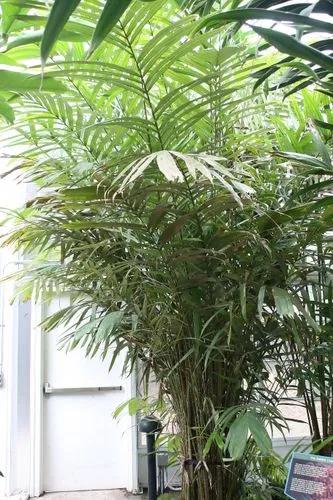Sechium edule is native to Mexico. Although a native species, it is rarely found in the wild in Mexico and few wild populations can still be found in Veracruz, Puebla, Hidalgo and Oaxaca (Lira, 1996). This species has been widely introduced and now it can be found cultivated and naturalized across Central and South America, the Caribbean, Southern Asia, Africa, Macaronesia, Australia, New Zealand and other islands in the Pacific and the Indian Ocean, but is most important in tropical America. It can hardly be found in South Asia and is not very popular in Africa
Chayote Care
Sechium Edule



What is the plant
How to Care for the Plant

Water

It prefers moist soil.

Sunlight

It can grow in semi-shade (light woodland) or no shade

Soil

It grows best in a sheltered position in a well-drained, fertile, humus-rich soil. Prefers a pH in the range 5.5 - 7, tolerating 4.3 - 8[
Ease your plant care routine with PlantIn's personalized system.

Temperature

It grows best in areas where annual daytime temperatures are within the range 19 - 30°c, but can tolerate 12 - 40°c

Popularity

230 people already have this plant 39 people have added this plant to their wishlists
What's wrong with your plant?
Related Plants
Discover more plants with the list below
Popular articles






